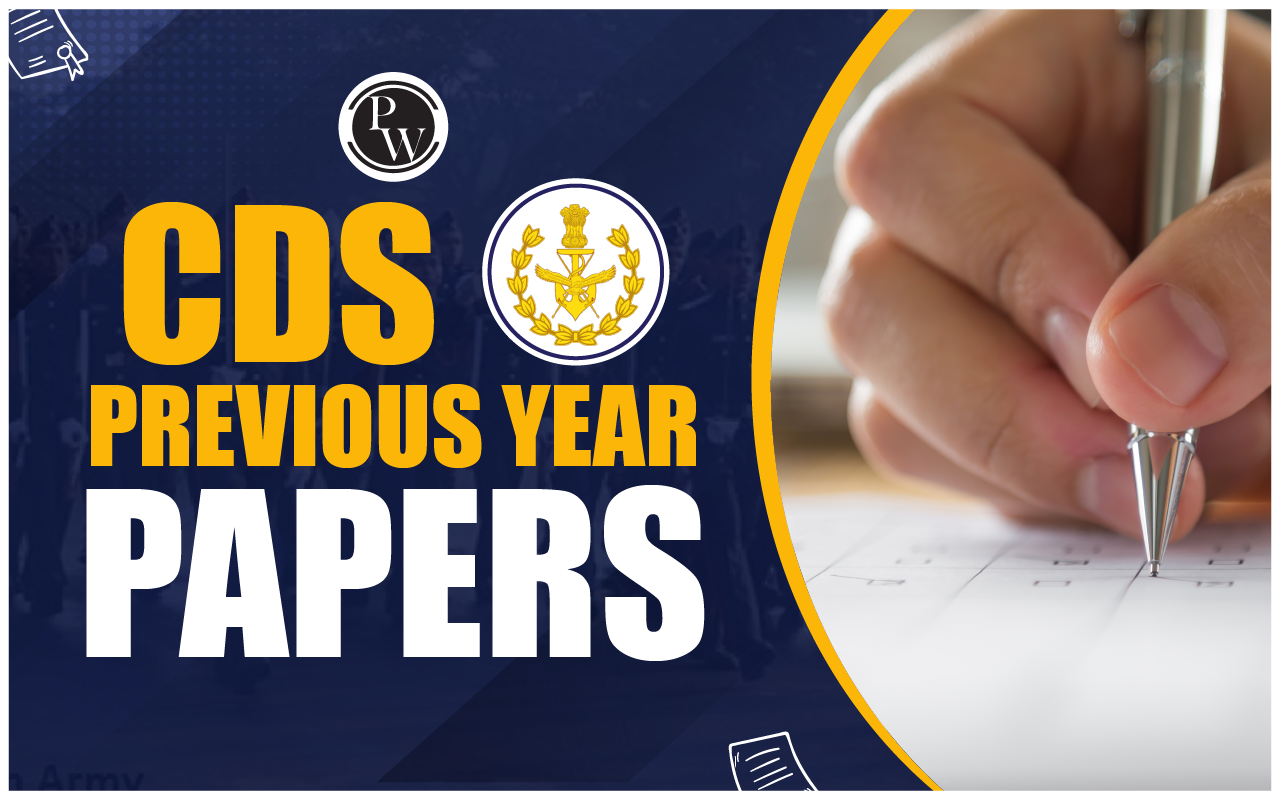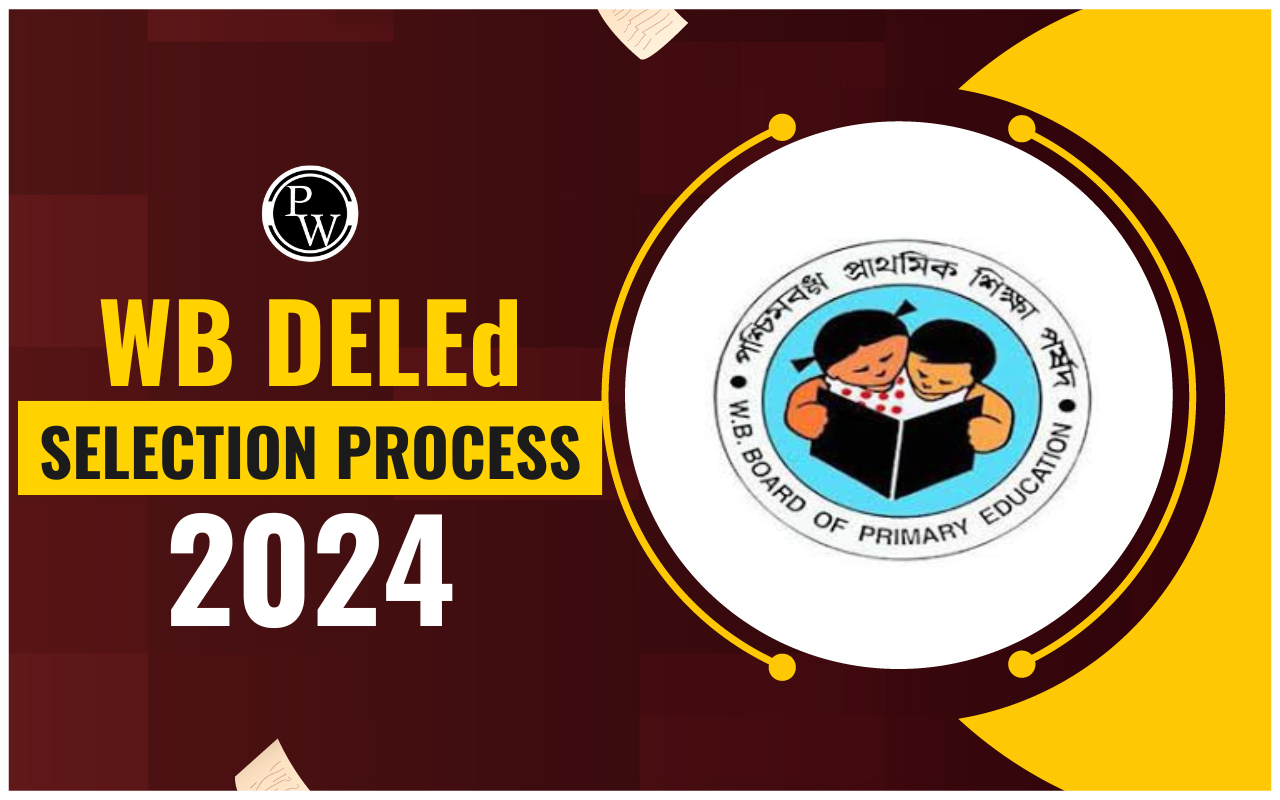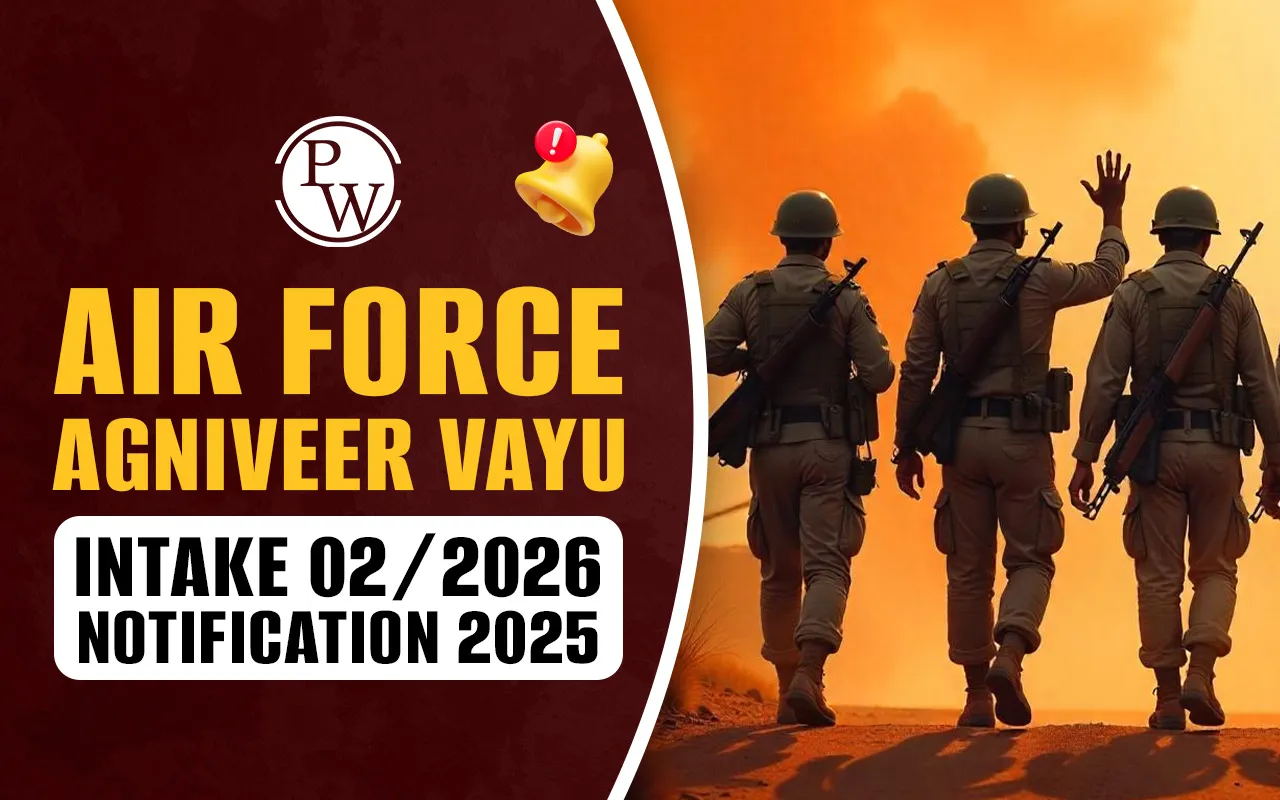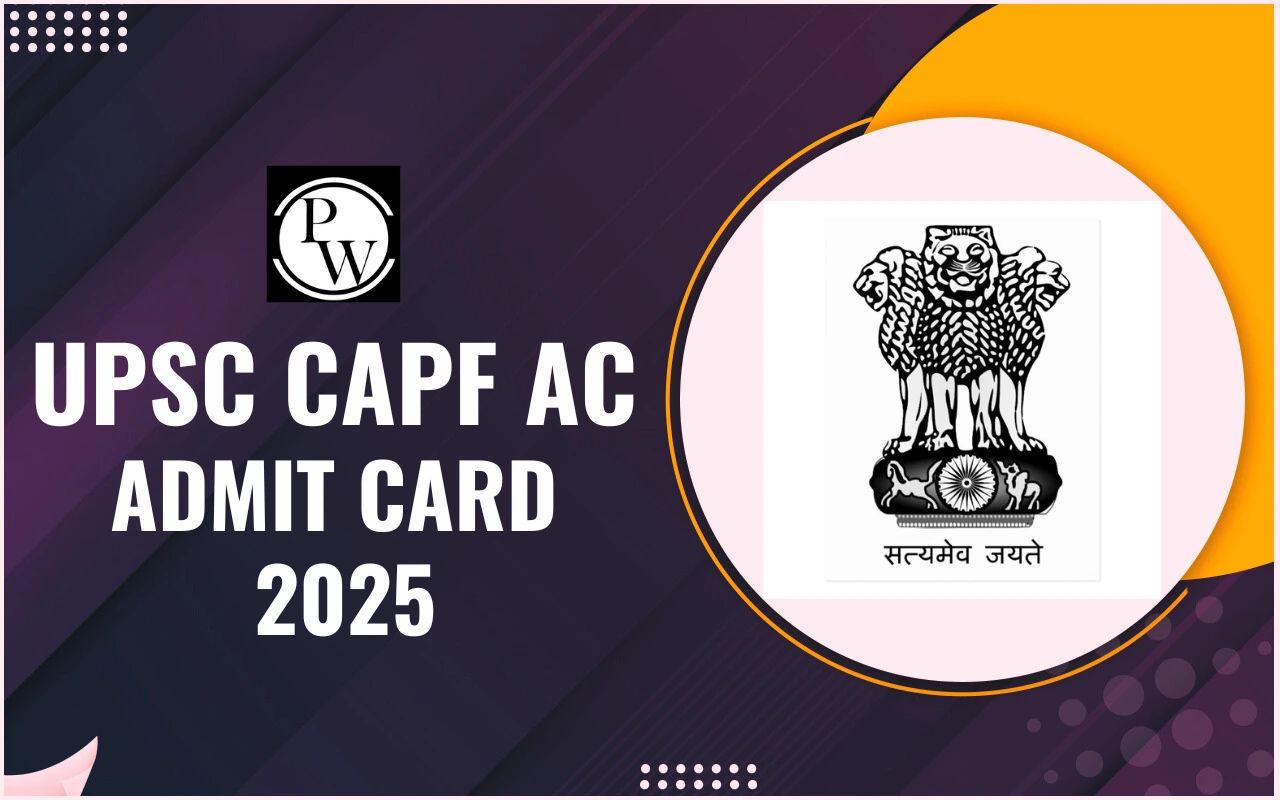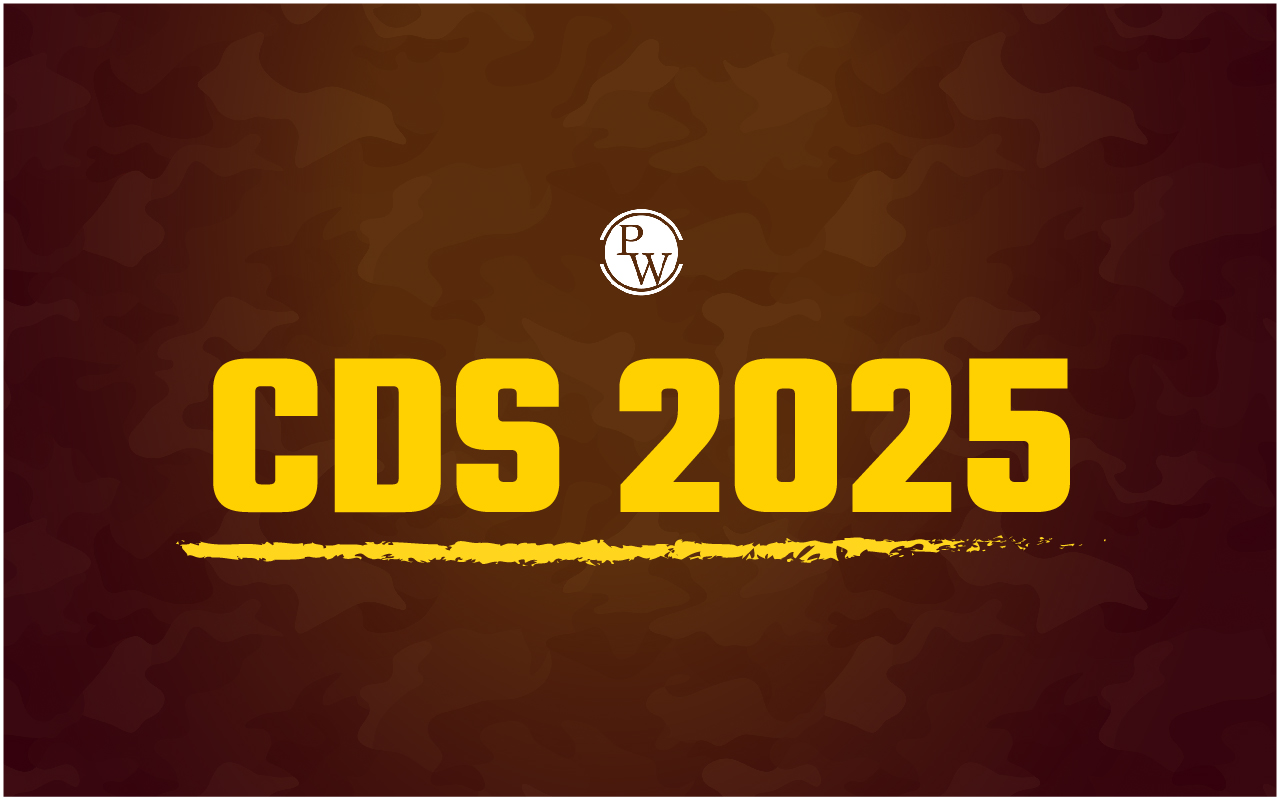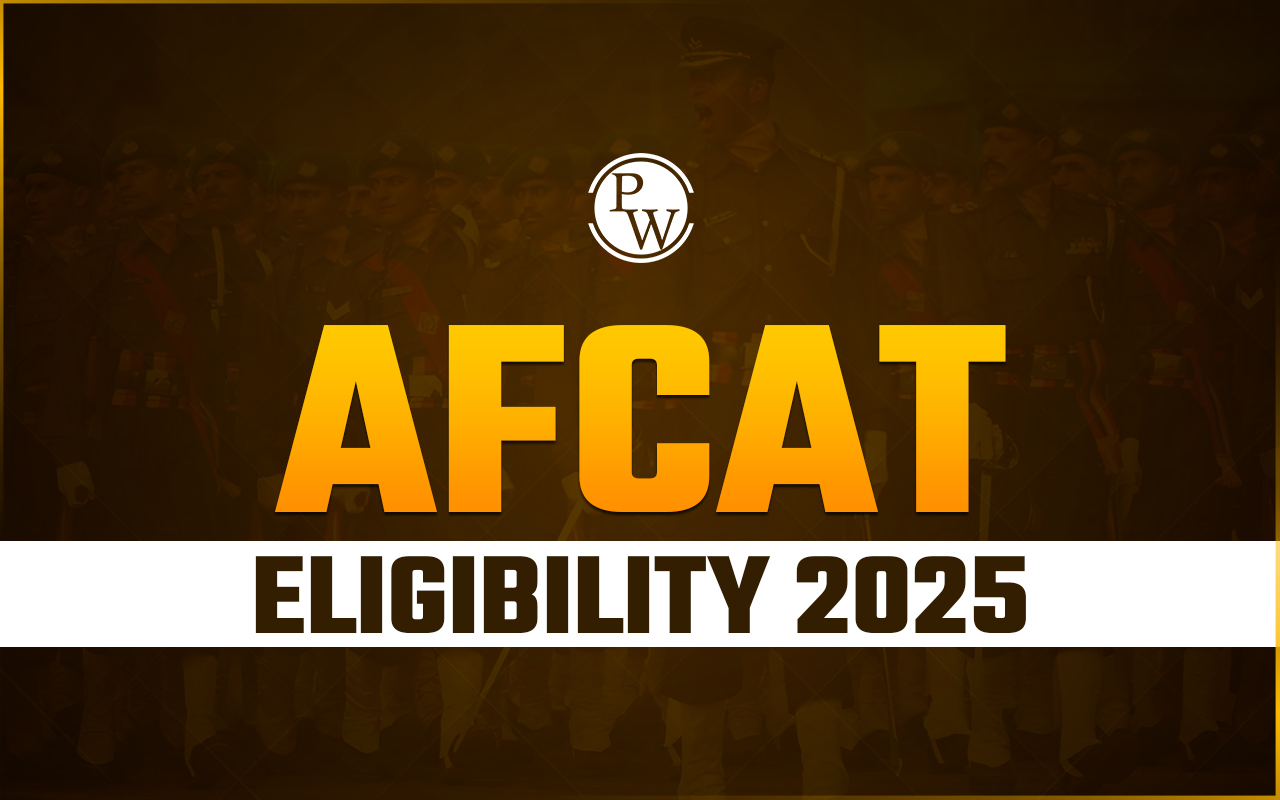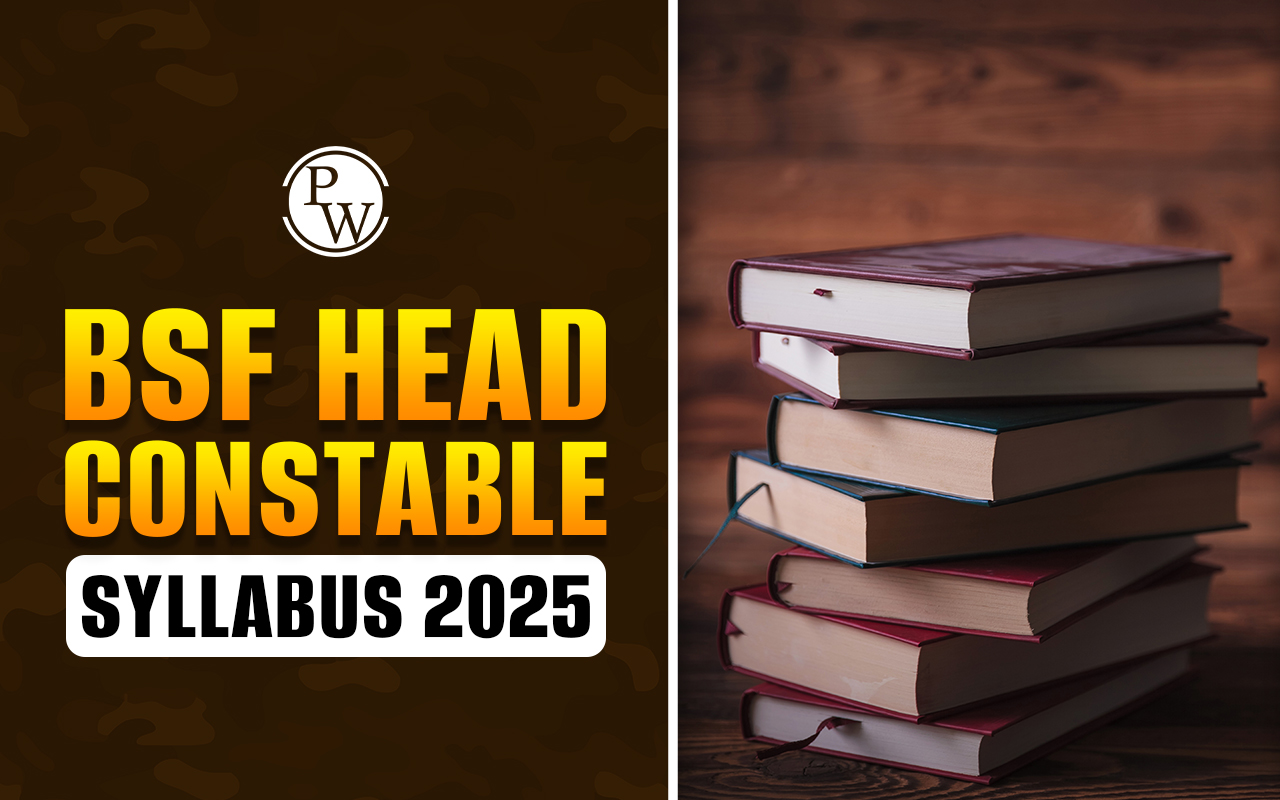
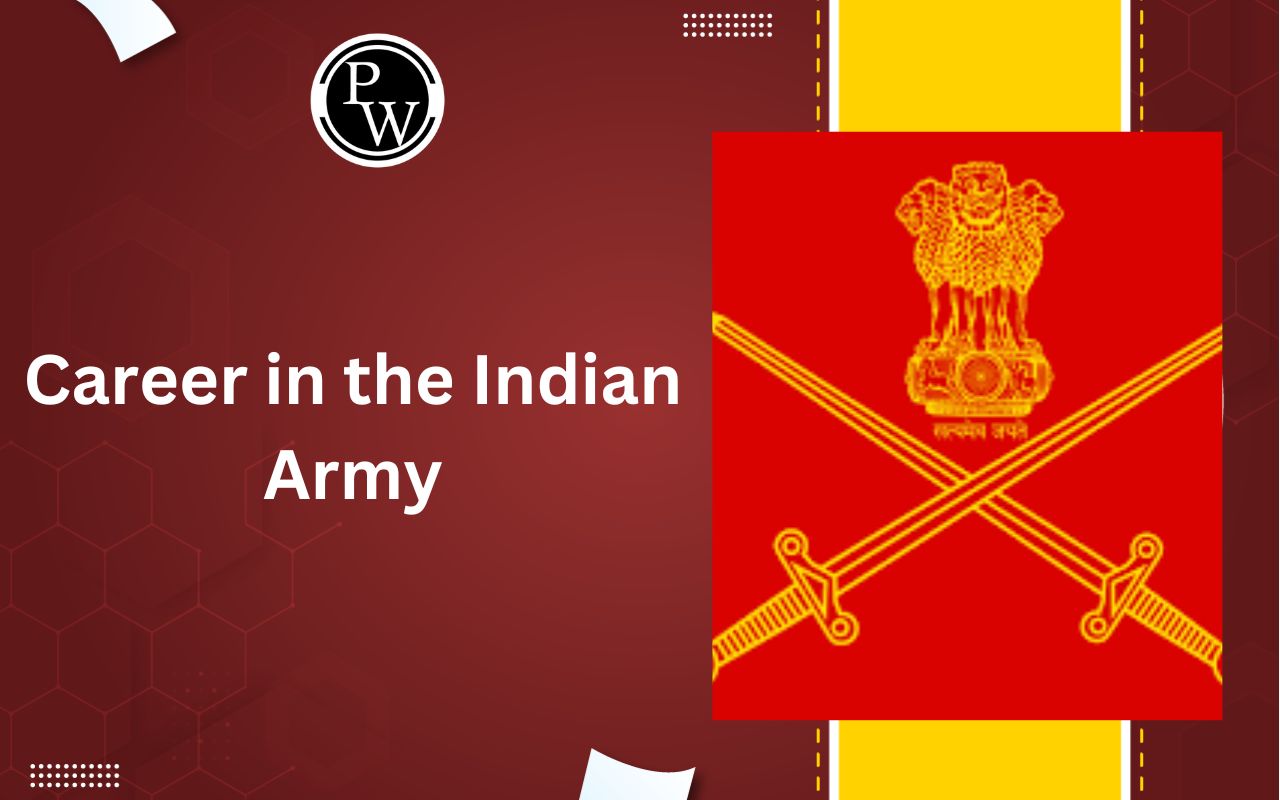
Career in the Indian Army: A career in the Indian Army is a prestigious and fulfilling choice, provides discipline, and a chance to serve the nation. As a soldier, you protect the country's borders, help during disasters, and take part in peacekeeping missions. The Indian Army offers many opportunities in areas like engineering, medicine, logistics, and combat.
With tough training and ongoing development, a career in the Indian Army helps you grow personally and teaches values like courage, honor, and patriotism. It is a commitment to serving and leading, making a big impact on national security and peace.Career in the Indian Army
An Indian Army Officer holds one of the most esteemed and admired positions. While others may aspire to be entrepreneurs or top businessmen, Army Officers dedicate their lives to the nation selflessly. They embody values like loyalty, selfless service, personal courage, and honor, upholding integrity to fulfill their duties. Army Officers bravely face danger, fear, and adversity to save lives and protect the country. They embrace diversity and adapt to any situation for the nation's sake. It is important to respect Army Officers, as their sacrifices allow people to sleep peacefully without fear, knowing they're safeguarded day and night. In today's digital age, aspiring Army Officers have access to numerous opportunities and learning resources. However, achieving this goal requires consistent effort and determination to become a part of the Indian Army.Post and Designation in the Indian Army
Roles and Responsibilities for Indian Army
The Indian Army has a wide range of roles and responsibilities aimed at safeguarding the nation's security and interests. Some of its key roles and responsibilities include:Defending the Borders: The primary role of the Indian Army is to defend the nation's borders and safeguard its territorial integrity. It is responsible for securing the borders against external threats and maintaining vigilance along the Line of Control (LoC) with Pakistan and the Line of Actual Control (LAC) with China.
Counterinsurgency and Counterterrorism Operations: The Indian Army is actively involved in counterinsurgency and counterterrorism operations, particularly in conflict-affected regions like Jammu and Kashmir and the Northeast. It works to neutralize insurgent groups and terrorist organizations to maintain internal security and peace.
Disaster Relief and Humanitarian Assistance: The Indian Army plays a important role in providing disaster relief and humanitarian assistance during natural calamities such as floods, earthquakes, cyclones, and other emergencies. It assists civil authorities in rescue and relief operations, providing medical aid, food, shelter, and logistical support to affected populations.
Internal Security Operations: The army supports civil authorities in maintaining law and order and restoring peace in areas affected by civil unrest, riots, or communal tensions. It assists in maintaining internal security and upholding the rule of law to ensure the safety and security of citizens.
Peacekeeping Missions: The Indian Army contributes troops to United Nations peacekeeping missions to promote international peace and security. It participates in peacekeeping operations in conflict zones around the world, helping to restore stability and resolve disputes through diplomatic means.
Training and Capacity Building: The army is responsible for training and equipping its personnel to meet the challenges of modern warfare. It conducts regular training exercises, drills, and simulations to enhance combat readiness and operational effectiveness.
Border Infrastructure Development: The Indian Army is involved in the construction and maintenance of border infrastructure, including roads, bridges, and strategic installations, to improve connectivity and mobility along the borders.
Qualifications to Become an Indian Army Officer
Joining After Grade 10:
- After completing grade 10, you can start preparing for the National Defence Academy (NDA) exam.
- NDA entry requires passing the written exam covering General Ability Test and Mathematics, followed by the SSB interview.
- The Army Cadet College (ACC) entry involves a written exam followed by a physical test conducted by the SSB.
- Technology Entry Scheme (TES) entry requires a minimum of 70% in grade 12 and involves pre-commission and post-commission training.
Joining After Undergraduate Course:
- After completing an undergraduate degree, you can appear for the UPSC-Combined Defence Services (CDS) exam, followed by a physical test.
- Officers’ Training Academy (OTA) entry involves a written exam covering English, General Knowledge, and Elementary Mathematics.
- Technical Entry Scheme (TES) requires an engineering degree and involves OTA training.
- Short Service Commission (SSC) entry requires a bachelor’s degree and involves OTA training.
- Military Law Entry requires a law degree from an Indian university.
Skills Required for Indian Army Officer
Pros and Cons of an Army Officer
Pros: -
Job Security: The Army offers lifetime job security, providing a stable career path for officers.
Retirement Benefits: After retirement, officers receive various benefits, including access to canteen facilities, hospitals, government schemes, and pension.
Physical Fitness: The Army promotes lifelong fitness through disciplined routines and dietary habits, ensuring officers maintain a healthy physique.
Respect and Recognition: Army officers are highly respected by civilians, receiving special recognition and benefits in medical and hospitality services.
Cons: -
Sacrifice of Personal Life: Serving in the Army requires sacrificing time with family, missing festivals, and giving up personal hobbies for extended periods.
Combat Risks: Officers may face the risk of sacrificing their lives in combat situations, especially when engaged in operations against terrorists or hostile forces.
Frequent Travel: Some postings require frequent relocation, which may not be suitable for individuals who dislike frequent changes in their environment.
Career in the Indian Army FAQs
How do I join the Indian Army?
What qualifications do I need to join the Indian Army?
What is the selection process for joining the Indian Army?
Is there any training provided before joining the Indian Army?
Can women join the Indian Army?

